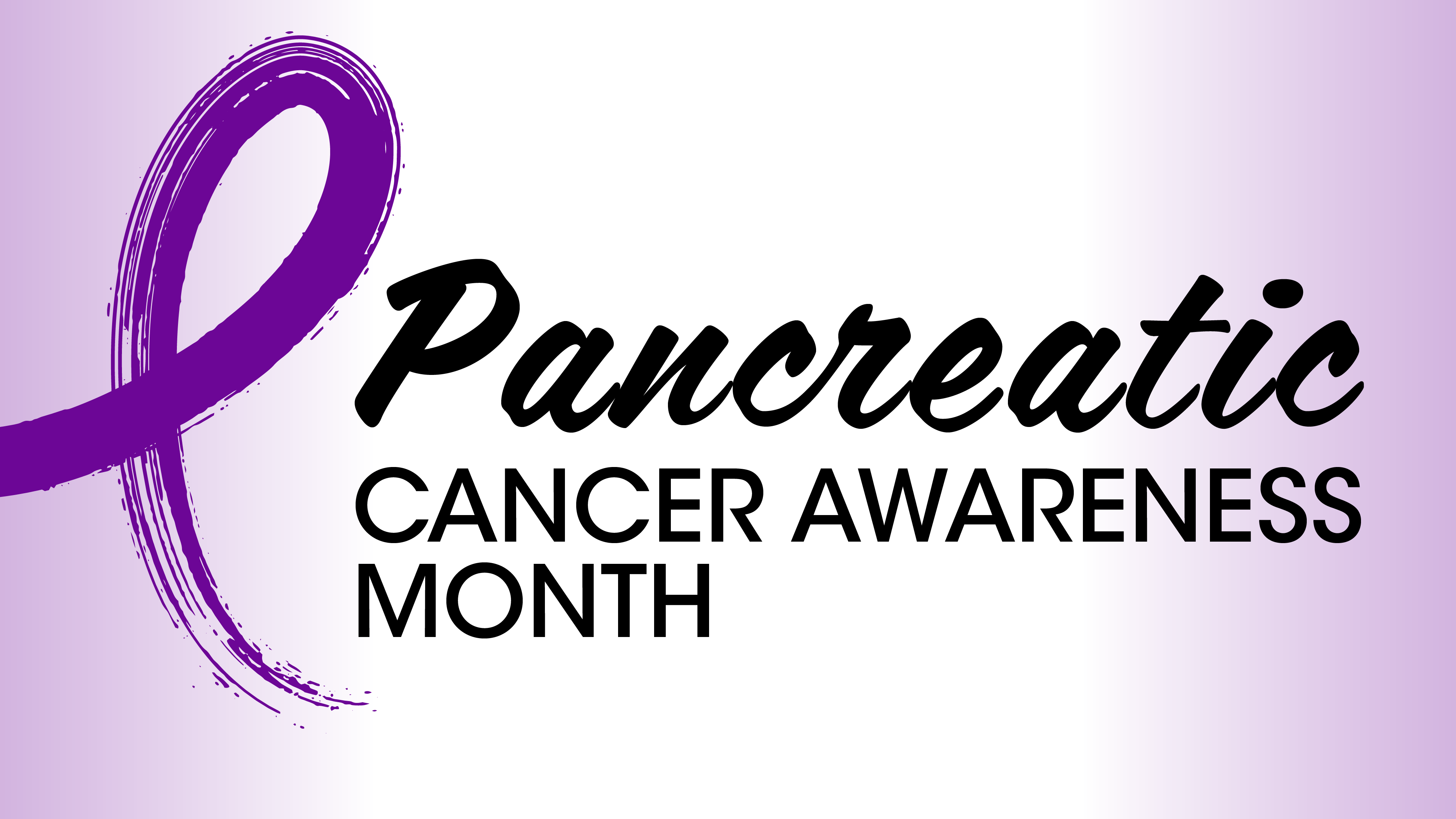
The Future “Looks Bright” in the Pancreatic Cancer Treatment Field

Tanios S. Bekaii-Saab, MD, emphasizes the idea of moving targeted therapies to earlier lines of treatment to further improve outcomes in pancreatic cancer.
As part of
Bekaii-Saab, David F. and Margaret T. Grohne Professor of Novel Therapeutics for Cancer Research, Chair and Consultant in the Division of Hematology and Medical Oncology at Mayo Clinic in Arizona, and Co-Leader of Advanced Clinical and Translational Science at Mayo Clinic Cancer Center, said he is optimistic in being able to move the needle forward in the treatment field while potentially improving quality of life and the level of cure among patients with pancreatic cancer. Although he highlighted “great” work related to the use of chemotherapy and surgical techniques, he emphasized that the next steps may involve advancing targeted therapy agents to earlier lines of treatment to further improve outcomes among patients.
Transcript:
If I have any message for my colleagues, for my patients, and for all patients with pancreatic cancer, it’s that [we can almost see] the light at the end of the tunnel. We’re seeing it clearer now. We have a lot more to offer our patients. We’re working very hard on bringing all these agents comprehensively into clinical trials and the clinic. I have never been more optimistic. I’m always the eternal optimist, but I’m even more optimistic today that we’re going to move the needle for our patients with pancreatic cancer and continue to enhance that likelihood of living longer, having better quality of life, or even increasing the level of cure for this cancer.
At the end, a lot of these agents that are very active in the later stages of the disease need to start trickling back to earlier [disease] stages. We’ve done great work with chemotherapy and surgical resections, and improved surgical techniques have moved a lot of patients with early-stage cancer into a cure. But [it is] not enough, and we now must think about how we can bring a lot of these targeted agents to earlier lines of therapy to enhance even further the likelihood of cure for these patients. [There is] a lot of work ahead of us. Certainly, the future looks bright. We’re chipping away, one drug at a time. We can now remove that whole concept of nihilism in pancreatic cancer and look quite optimistically on the future. Finally, we’re going to get there.
Newsletter
Stay up to date on recent advances in the multidisciplinary approach to cancer.



































